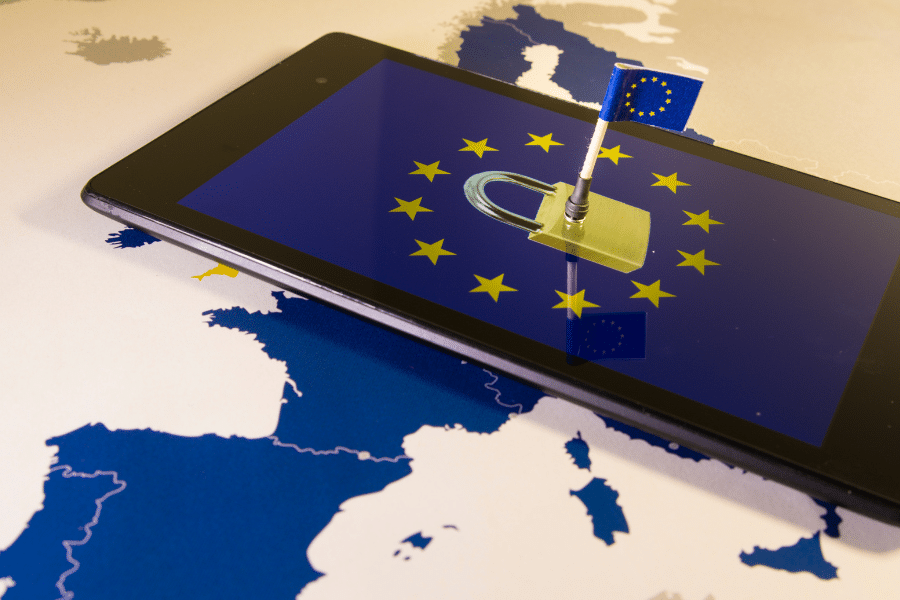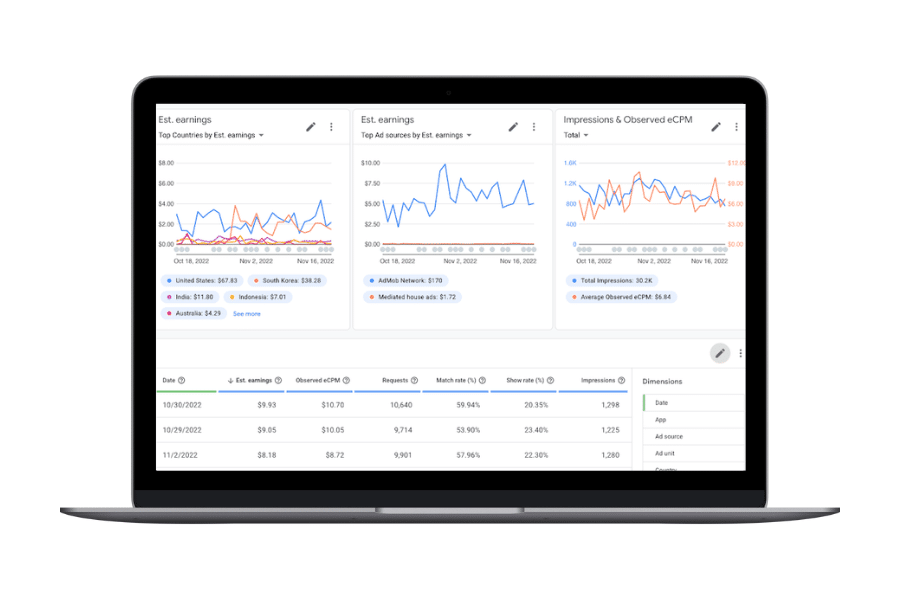If you’ve made it this far, you’re in luck because you’re about to find out firsthand what Google has in store for us after the Christmas holidays. And spoiler alert! The gift is none other than new requirements for managing consent to serve ads when we use their advertising libraries. But let’s start from the beginning.
Advertising Libraries in Apps: What Are They and How Are They Used
Advertising libraries in mobile apps are sets of code that enable mobile app developers and publishers to integrate ads into their products and generate revenue from them. These libraries streamline access to advertising networks, ad format management, and campaign performance measurement.
By effectively using advertising libraries, you can unlock the full monetization potential of your mobile apps while providing a better user experience. Here are some key advantages of using advertising libraries in mobile apps for monetization:
1. Diversify Revenue Sources: They allow you to diversify your income streams, tapping into the growing mobile market.
2. Expand Reach and Visibility: You can increase your app’s reach and visibility, attracting new users through ad placements.
3. Enhance User Experience: By displaying relevant and personalized ads, you can improve the overall user experience.
4. Optimize Ad Performance: These libraries leverage intelligent algorithms and analytics data to optimize ad performance.

What do app advertising libraries have to do with the IAB’s TCF?
However, app advertising libraries also come with a set of challenges and responsibilities, especially when it comes to user privacy and consent. Mobile app developers and publishers must adhere to industry regulations and standards that govern the use of personal data and user tracking for advertising purposes.
One of these standards is the Interactive Advertising Bureau (IAB) Europe’s Transparency and Consent Framework (TCF), which is an initiative aimed at harmonizing the treatment of personal data and user consent within the digital advertising ecosystem. The TCF establishes a common framework for publishers, advertisers, and ad tech providers to transparently and efficiently communicate and exchange information regarding user consent.
The TCF was launched in 2018 in response to the European Union’s General Data Protection Regulation (GDPR), which imposes strict rules on the handling of personal data of European citizens. In 2020, IAB Europe released version 2.0 of the TCF, introducing enhancements and new features compared to the previous version, including:
- Greater clarity and detail on the purposes and legal bases for processing personal data.
- Increased flexibility and control for users regarding consent and the exercise of their rights.
- Enhanced transparency and accountability for publishers and ad tech providers regarding the use and transfer of personal data.
- Improved compatibility and interoperability with other industry regulations and standards, such as ePrivacy or CCPA.
In May 2021, IAB Europe announced version 2.2 of the TCF, which introduces several changes and updates compared to version 2.1. These changes include:
- A new purpose for the processing of personal data, related to ad effectiveness measurement.
- A new special feature for the processing of personal data, related to the use of precise geolocation data.
- A new option for users to selectively revoke consent for each purpose or provider.
- A new option for publishers to indicate whether the TCF should apply to ad tech providers not registered with the TCF.
Version 2.2 of the TCF came into effect on September 15, 2021. Since then, Consent Management Platforms (CMP) have been required to adapt to it and cease support for previous versions.

What does the new requirement from the IAB’s TCF mean for those using Google’s advertising libraries?
Google is one of the leading providers of advertising technology and advertising libraries in apps, such as Google AdSense, Google Ad Manager, or Google AdMob. These libraries enable mobile app developers and publishers to access Google’s advertising network and its partners, displaying high-quality, high-performance ads in their products.
Google has committed to participating in and supporting IAB Europe’s TCF and has integrated its advertising systems into TCF version 2.0 since August 2020. However, until now, the use of the TCF was not mandatory for publishers and developers using Google’s advertising libraries, and they could choose other consent management solutions or develop their own.
This will change starting on January 16, 2024, when Google will make it mandatory to use a CMP that has obtained Google’s certification and has incorporated IAB’s TCF 2.2 when serving ads to users in the European Economic Area or the United Kingdom. This new requirement will impact publishers and developers using Google AdSense, Google Ad Manager, or Google AdMob in their mobile apps, with the aim of enhancing user transparency and control over their personal data and consent.
Actions that developers using Google’s advertising libraries should take.
- Review and update your privacy policy and personal data processing practices to ensure they comply with the GDPR and TCF 2.2.
- Select and implement a CMP that has been certified by Google and has incorporated the IAB’s TCF into your mobile application. The CMP will be responsible for creating and sending the Transparency and Consent (TC) string, which contains information about user consent. Google’s advertising libraries will use the TC string received from the CMP to serve appropriate ads.
- Update the Google Mobile Ads SDK to the latest version that supports the IAB’s TCF. The minimum required version is 19.0.0 for Android and 7.60.0 for iOS.
- Check and adjust the consent controls for EU users provided by Google, bearing in mind that the preferences set in the CMP will take precedence over these controls.
Next steps for publishers and developers.
- For publishers already working with a CMP: Google has initiated the certification process for CMPs. Therefore, publishers and developers already using a CMP should contact their CMP to find out if it wants to obtain Google certification.
- For publishers with their own CMP: Publishers and developers with their own CMPs can apply for Google certification.
- For publishers and developers in need of a CMP: You can refer to the list of CMPs certified by Google.
- Publishers using consent request messages: Google also provides its own consent management solutions, available in the Privacy and Messaging tabs of Ad Manager, AdSense, and AdMob. These solutions will support version 2.2 of the TCF for GDPR consent request messages by the end of September 2021.
- App publishers: In addition to the above, Google offers the User Messaging Platform (UMP) SDK.
To wrap up
Advertising libraries within mobile apps are an effective way to monetize mobile applications, but they also require responsible and transparent management of user privacy and consent. IAB Europe’s TCF is a standard aimed at harmonizing and facilitating this management and is supported by Google and its advertising systems.
Publishers and developers using Google’s advertising libraries will need to adapt to the new requirement of IAB’s TCF, which will come into effect on January 16, 2024. They should choose and implement a CMP that has obtained Google certification and has integrated IAB’s TCF into their mobile application. This way, they can provide a better user experience and adhere to industry regulations and standards.





